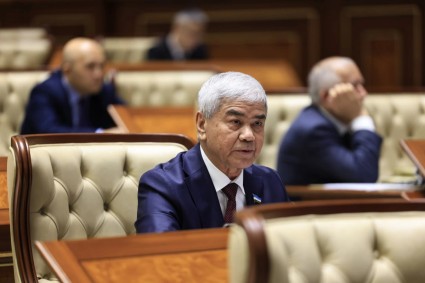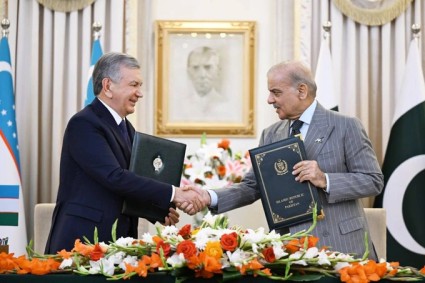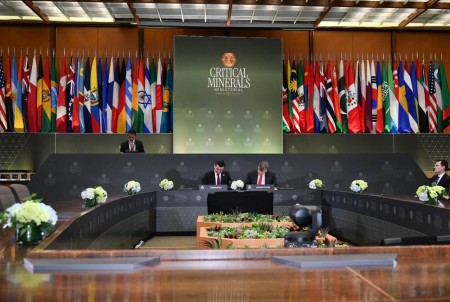The Electricity Sector Transformation And Resilient Transmission Project has been approved by the World Bank’s Board of Executive Directors. The project will improve the performance of the National Electric Grid of Uzbekistan (NEGU) to ensure reliable energy supplies to millions of households and businesses across the country.
The project will be supported by $380 million in credit from the International Development Association (IDA), and a $43 million loan from the Green Climate Fund (GCF). The Government of Uzbekistan will receive this financing at very low-interest rates and with the longest repayment period of up to 40 years. The GCF will also provide a $4 million grant to cover selected project activities.
In Uzbekistan, electricity demand is expected to grow to over 100 TWh by 2030, a significant increase from 61 TWh in 2018. The country has more than 250,000 km of electricity transmission and distribution lines, most of which were built during the Soviet period and are now past their useful economic life.
The obsolete infrastructure results in high electricity losses, estimated at 20 percent of net generation, and frequent power outages undermining economic activities and the well-being of citizens across the country.
“This new transformational project supports the Government’s goal of removing barriers to the effective operation and growth of the electricity sector. It will create the conditions for turning the NEGU into a modern and commercially run company and modernizing the national power transmission system. These measures will ensure reliable electricity supply for approximately 32 million consumers and, importantly, enable the grid integration of new large-scale renewable energy generation projects,” said Marco Mantovanelli, World Bank Country Manager for Uzbekistan.
The project will help modernize outdated energy infrastructure by financing a part of NEGU’s priority investment program. Among other activities, it will include rehabilitation, upgrade, and expansion of 22 existing obsolete high-voltage substations and construction of a new 500 kV transmission substation and associated transmission lines in 11 regions of Uzbekistan.
The project will introduce modern digital and telecommunication technologies and solutions to improve the process of monitoring, control, and operation of the power transmission system. This will include the installation of a new Supervisory Control and Data Acquisition (SCADA) and Energy Management System (EMS) for the NEGU’s central and regional dispatch centers to replace the outdated systems placed in operation during the Soviet era.
Given the company’s strategic role in the electricity sector, the project will support the transformation of the NEGU by developing its business processes, financial, operational, and commercial performance, digitalization, as well as institutional capacity. This will include activities to improve the company’s operation and planning functions, corporate governance and decision-making processes, and cybersecurity management.
The project aims to support the country in its clean energy transition by improving the transmission network’s capacity to integrate renewable energy produced by the private sector. It will contribute to the Government’s plans to decarbonize the electricity sector. The project will directly support the integration of 1,500 MW of renewable energy into the power grid leading to additional CO2 emissions reduction. It will also help mobilize private investments in the country’s renewable energy sector.
The project will also contribute to the development of regional electricity trade in Central Asia by rehabilitating and expanding transmission infrastructure connecting Uzbekistan with Afghanistan, Kazakhstan and Tajikistan’s electricity systems.














